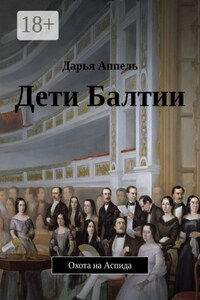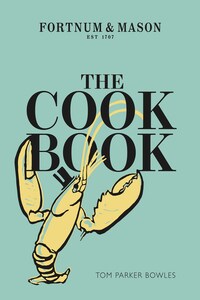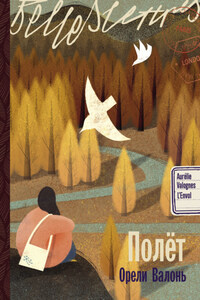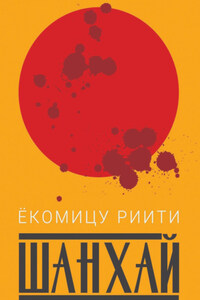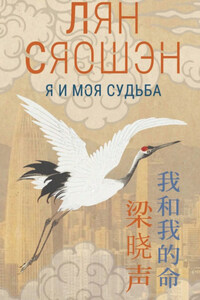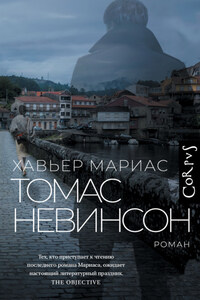On a first reading, Desperate Characters is a novel of suspense. Sophie Bentwood, a forty-year-old Brooklynite, is bitten by a stray cat to which she’s given milk, and for the next three days she wonders what the bite is going to bring her: death of rabies? shots in the belly? nothing at all? The engine of the book is Sophie’s cold-sweat dread. As in more conventional suspense novels, the stakes are life and death and, perhaps, the fate of the Free World. Sophie and her husband, Otto, are pioneering urban gentry in the late 1960s, when the civilization of the Free World’s leading city seems to be crumbling under a barrage of garbage, vomit, and excrement, vandalism, fraud, and class hatred. Otto’s longtime friend and law partner, Charlie Russel, quits the firm and attacks Otto savagely for his conservatism. Otto complains that a slovenly rural family’s kitchen says “one thing” to him—it says die—and, indeed, this seems to be the message he gets from almost everything in his changing world. Sophie, for her part, wavers between dread and a strange wish to be harmed. She’s terrified of a pain she’s not sure she doesn’t deserve. She clings to a world of privilege even as it suffocates her.
Along the way, page by page, are the pleasures of Paula Fox’s prose. Her sentences are small miracles of compression and specificity, tiny novels in themselves. This is the moment of the cat bite:
She smiled, wondering how often, if ever before, the cat had felt a friendly human touch, and she was still smiling as the cat reared up on its hind legs, even as it struck at her with extended claws, smiling right up to that second when it sank its teeth into the back of her left hand and hung from her flesh so that she nearly fell forward, stunned and horrified, yet conscious enough of Otto’s presence to smother the cry that arose in her throat as she jerked her hand back from that circle of barbed wire.
By imagining a dramatic moment as a series of physical gestures—by paying close attention—Fox makes room here for each aspect of Sophie’s complexity: her liberality, her self-delusion, her vulnerability, and, above all, her married-person’s consciousness. Desperate Characters is the rare novel that does justice to both sides of marriage, both hate and love, both her and him. Otto is a man who loves his wife. Sophie is a woman who downs a shot of whiskey at six o’clock on a Monday morning and flushes out the kitchen sink “making loud childish sounds of disgust.” Otto is mean enough to say, “Lotsa luck, fella” when Charlie leaves the firm; Sophie is mean enough to ask him, later, why he said it; Otto is mortified when she does; Sophie is mortified for having mortified him.
The first time I read Desperate Characters, in 1991, I fell in love with it. It seemed to me obviously superior to any novel by Fox’s contemporaries John Updike, Philip Roth, and Saul Bellow. It seemed inarguably great. And because I’d recognized my own troubled marriage in the Bentwoods’, and because the novel had appeared to suggest that the fear of pain is more destructive than pain itself, and because I wanted very much to believe this, I reread it almost immediately. I hoped that the book, on a second reading, might actually tell me how to live.
It did no such thing. It became, instead, more mysterious—became less of a lesson and more of an experience. Previously invisible metaphoric and thematic densities began to emerge. My eye fell, for example, on a sentence describing dawn’s arrival in a living room: “Objects, their outlines beginning to harden in the growing light, had a shadowy, totemic menace.” In the growing light of my second reading, I saw every object in the book begin to harden in this way. Chicken livers, for example, are introduced in the opening paragraph as a delicacy and as the centerpiece of a cultivated dinner—as the essence of old-world civilization. (“You take raw material and you transform it,” the leftist Leon remarks much later in the novel. “That is civilization.”) A day later, after the cat has bitten Sophie and she and Otto have started fighting back, the leftover livers become bait for the capture and killing of a wild animal. Cooked meat is still the essence of civilization; but what a much more violent thing civilization now appears to be! Or follow the food in another direction; see Sophie, shaken, on a Saturday morning, trying to shore up her spirits by spending money on a piece of cookware. She goes to the Bazaar Provençal to buy herself an omelet pan, a prop for a “hazy domestic dream” of French ease and cultivation. The scene ends with the saleswoman throwing up her hands “as though to ward off a hex” and Sophie fleeing with a purchase almost comically emblematic of her desperation: an hourglass egg timer.

